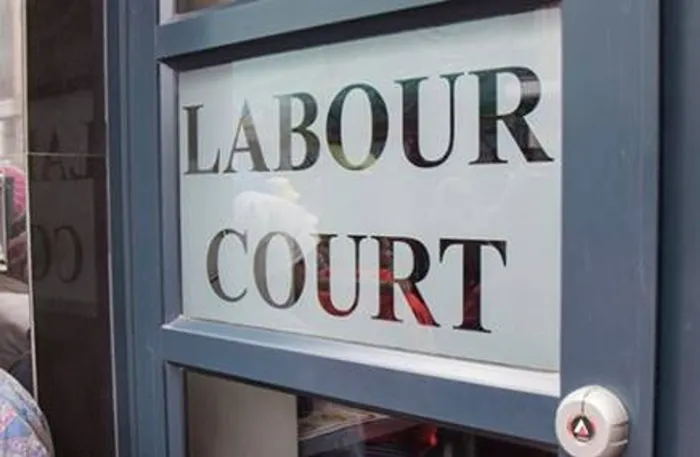Teacher reinstated after unfair dismissal claims in the Western Cape

The Labour Court has turned down an application by the Western Cape High Court against an earlier order that it has to reinstate a teacher accused of misconduct towards children.
Image: File
The Western Cape Education Department, which had been earlier ordered to reinstate and back pay more than R360, 000 to a Primrose Park Primary School teacher that it fired following claims of unbecoming conduct at school towards pupils , failed in its legal bid to have this order overturned.
Lee-Ann Snyders, who had been working at the school since 2013, lost her job following a 2019 disciplinary hearing that found her guilty on 14 charges relating to misconduct. She was accused by a group of Grade 5 learners of name-calling and using derogatory language.
She successfully turned to arbitration to have her dismissal overturned. The arbitrator at the time found that the learners had fabricated allegations to have the teacher dismissed. Snyders taught the Grade 5B learners at the time, and the charges were based on complaints raised by learners in the Grade 5A class, taught by another teacher. There was a rivalry between the two classes. The now former principal testified that the rivalry was toxic between the children and the teachers of the respective grades.
According to the arbitrator’s assessment of the evidence, the toxic rivalry which was referenced throughout the arbitration hearing underscores the charges against Snyders. Turning to the Cape Town Labour Court to overturn the findings of the arbitrator, the department raised a number of arguments, including that the arbitrator demonstrated bias against the learners by undermining their credibility.
The charges implicating Snyders for having a learner massage her back, instructing a learner to assault another learner, and using racial slurs were found to be without merit at the disciplinary inquiry and therefore excluded at the arbitration. The arbitrator inferred from this “that there was a propensity of the learners for not telling the truth”.
The department argued before the labour court that this comment is indicative of misconduct and bias. But Acting Judge V Barthus commented that an arbitrator is permitted to draw inferences where such inferences are based on the conspectus of evidence before him.
Regarding the name-calling, the arbitrator found that, on a balance of probabilities, some of it had occurred. According to the arbitrator, this was based on the previous application of the rules and discipline for similar offences by other teachers, Snyders should have been subjected to progressive discipline, coupled with a warning, instead of being fired.
The evidence relating to Snyders smacking a learner was rejected because the learner was unable to explain the context around the incident, which rendered it improbable, the court said.
Judge Barthus noted that one learner testified that Snyders was a “nice teacher” and kind to the children. This learner confessed to lying at the disciplinary hearing about the teacher asking them questions of a pornographic nature.
The learner also confessed to fabricating the story about a beanbag being thrown at a learner. She said she lied because of peer pressure and testified that the group of learners who made the allegations collectively decided to tell lies about Snyders to have her “kicked out of the school”.
This learner’s mother testified that had she been aware of the lies fabricated against the teacher, she would have dealt with her daughter. She gave evidence about the character of Snyders and her competence as an educator.
In turning down the department’s review application, Judge Barthus said the arbitrator fully considered all the evidence and made findings on credibility and reliability when he ordered the department to reinstate her and pay her backpay.
zelda.venter@inl.co.za
Related Topics: